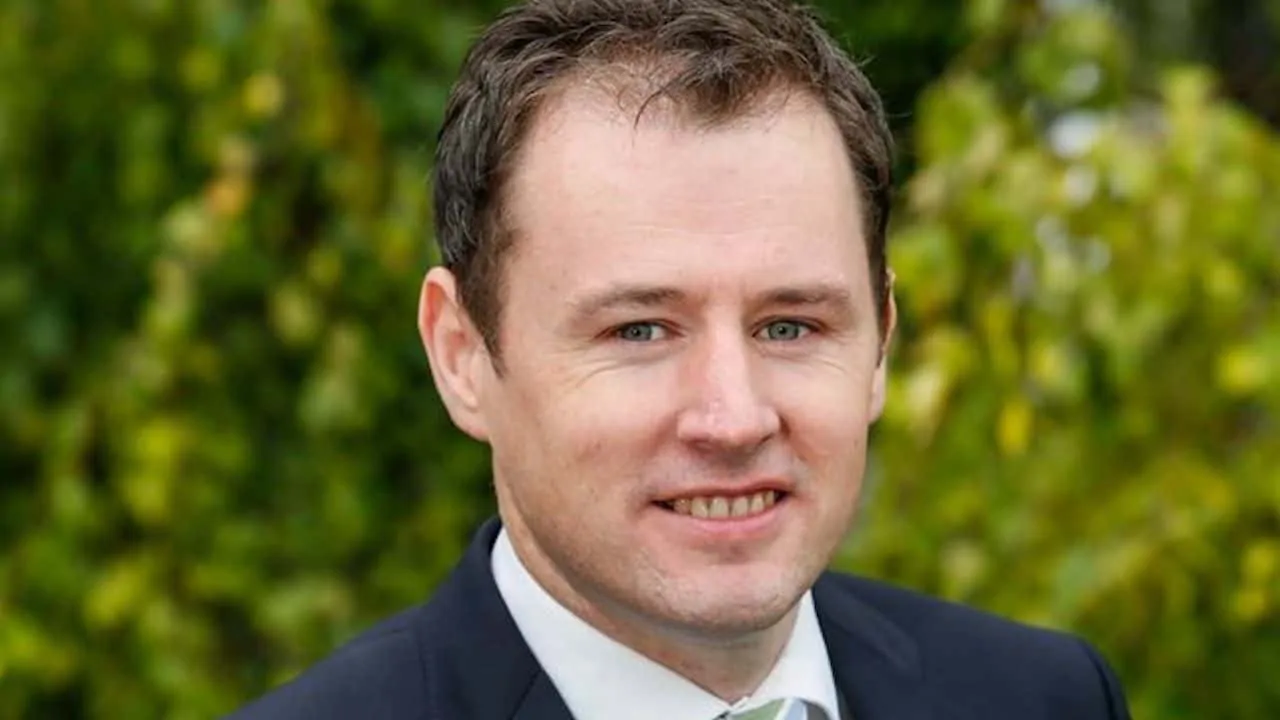No relief for Baltic fisheries in 2023
As fisheries in the Baltic fail to recover, proposals by the European Commission for next year’s catch limits don’t look likely to bring much joy to the region’s fishermen. Proposals…
As fisheries in the Baltic fail to recover, proposals by the European Commission for next year’s catch limits don’t look likely to bring much joy to the region’s fishermen. Proposals…
The first signs of sprats appearing in Icelandic waters were in 2017 when one fish was caught during a research survey. More were caught in subsequent surveys, and it has…
A long round of discussion in Luxembourg has resulted in EU Ministers reaching agreement on catch limits for 2022 for the Baltic’s ten main commercial stocks. Ministers have decided to…
All of the shares in Swedish pelagic processor Scandic Pelagic’s operations in Sweden have been acquired by Västkustfisk SVC AB. Scandic Pelagic Ellös AB has changes its name to Sweden…

Ireland’s Minister for Agriculture, Food and Marine Charlie McConalogue has lodged an appeal against a Court decision to allow large trawlers fish inside Ireland’s six mile zone. In December 2018…
The European Commission has adopted a proposal for fishing opportunities for 2020 for the commercially most important fish stocks in the Baltic Sea. Basing its decisions on scientific advice, it…
Steaming home with 370 tonnes on board, skipper Hjalmer Kristensen on the Susanita L-228 says that the sea is alive with fish and the quota has been set far too…
Fishermen’s associations in Denmark, Sweden, Germany and Estonia are embarking on the assessment process for Baltic herring and sprat which could see these species certified as sustainable once the extensive assessment has been completed.
The Finnish Fishermen's Association has entered the Baltic herring and sprat fishery into full assessment to the Marine Stewardship Council’s (MSC) Fisheries Standard. The fishery represents more than 90% Finland’s marine catch and is the first Finnish fishery to enter MSC assessment.
The EU Commission has proposed fishing opportunities for the Black Sea for 2017, which affect Romania and Bulgaria as the only EU nations with Black Sea coastlines.